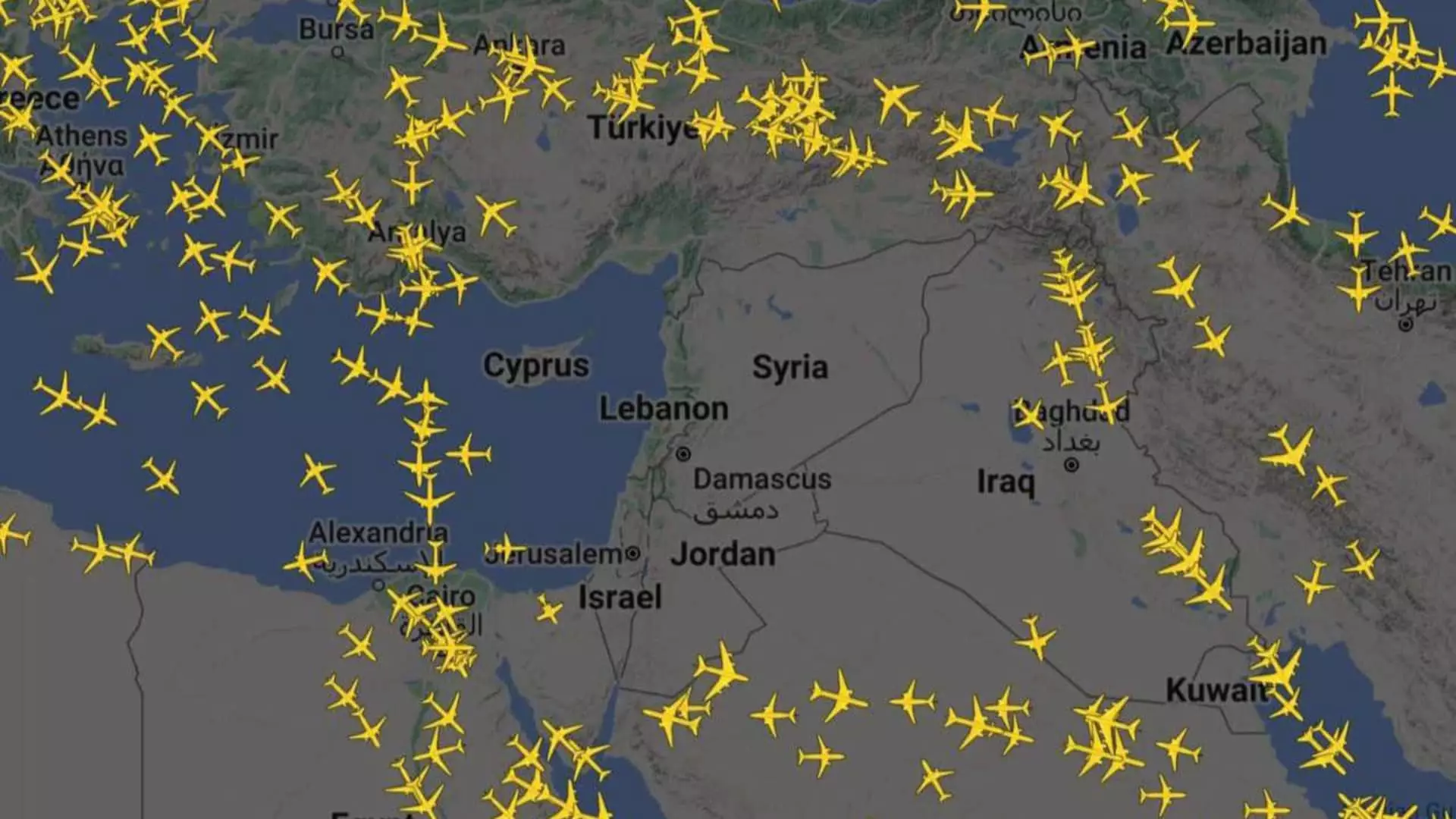The recent escalation of tensions in the Middle East has led to the closure of airspace in the region, causing disruptions to air travel. United Airlines, which had only recently resumed service to Tel Aviv after previous suspensions due to security concerns, was forced to cancel its flights on Saturday. The closure of Israel’s airspace, along with Jordan and Iraq, impacted United’s operations and led to the cancellation of its Newark to Tel Aviv flight.
In response to the situation, United Airlines issued a statement emphasizing the priority of safety for its customers and crews. The airline stated that it would closely monitor the developments and make decisions on upcoming flights accordingly. With the region facing heightened tensions and unrest, the safety and security of flights in the Middle East remained a critical concern for airlines and passengers alike.
Widespread Disruptions
The impact of the airspace closures extended beyond United Airlines, with other carriers also facing challenges. Delta, which had plans to restart flights to Tel Aviv, had to reconsider its schedule due to the closures. American Airlines had not resumed its service to Israel, further highlighting the widespread disruptions caused by the situation. Flight-tracking data showed multiple diversions and cancellations, indicating the scale of the issue for airlines operating in the region.
Airlines such as El Al, Emirates, Air France, British Airways, and Lufthansa were among those affected by the airspace closures. El Al, Israel’s national carrier, had to cancel more than 20 flights scheduled for Sunday, while other airlines scrapped their services to Tel Aviv and Amman. Passengers were advised to stay updated on the status of their flights and to avoid unnecessary travel to the affected areas until further notice.
As the situation in the Middle East remained volatile, the timeline for the resumption of normal flight operations was unclear. Airlines faced the challenge of balancing operational needs with safety considerations, leading to ongoing disruptions and cancellations. The impact of the airspace closures highlighted the complexities of operating in regions affected by geopolitical tensions and underscored the importance of adaptive and responsive airline policies in times of crisis.



Leave a Reply